Irish Farmers' Association (IFA) president Tim Cullinan attended the Wexford IFA AGM in February. He mentioned that he had already attended the first meeting around the next CAP.
Not the one you will be applying to for the first time over the next six weeks - the next one.
It is one way in which the CAP mirrors farming - it never stops.
As soon as a farmer cuts silage, he's spreading slurry or fertiliser to grow more grass for the next crop. Cover crops are frequently planted within 48 hours of harvesting grain crops. As soon as calving is over, breeding for the following year begins.
Dry ink
In the same way, the politicians of the European parliament and national governments, the officials in agriculture departments across Europe and Brussels bureaucrats in the Commission began planning for the next CAP before the ink had dried on this one.
I've been watching the CAP evolve for nearly 40 years now. I was in agricultural college when milk quotas were introduced. Farmers protested; it happened anyway.
The MacSharry reforms introduced supports linked to production; 10 years later the Fischler reforms dumped them (under considerable pressure from the WTO) and introduced direct payments.
They were area-based payments, with entitlements based on the historical output of the farm, calculated through the various payments made in previous years.
They aren't known yet as the Wojciechowski reforms, but that could be due to the difficulty many of us have in pronouncing (or spelling) his name
Then, in 2013, the Ciolos reforms flattened payments, not as much as the Commissioner would have liked, and introduced the concept of a greening payment.
Now we have the recent reforms, and the current CAP, with eco-schemes and front-loading. They aren't known yet as the Wojciechowski reforms, but that could be due to the difficulty many of us have in pronouncing (or spelling) his name.
And already the Commissioner and his mandarins are considering the next step.
Pronouncements
He has made a few pronouncements which are difficult to reconcile. He has said that he is committed to ensuring food security in an EU context.
He also is wedded to flatter payments. And he is very attached to the idea that future payments must be linked to 'public goods'.
In this regard, he has some powerful allies. The German agriculture minister Cem Özdemir Özdemiir, who is a Green party member, believes that it is “important that the federal state and the regions vigorously bring their interests to Brussels together. The time to think about the CAP after 2027 is now."
And an indication of the German government's interests comes from senior agriculture official Silvia Bender's thoughts. “We want to completely replace direct payments with such a ‘public goods’ principle,” she said.
What about food?
There seems to me to be a disconnect in this thinking. Of course, we need environmentally aware land use; of course, we must protect biodiversity and, of course, we need to mind our soils, our air and our water. These are all public goods - there's no dispute.
But what about food production itself? is it not a public good? Do we not all need food as a basic necessity for existence on a daily basis?
After three days without food, I'd be in some considerable distress
We need food more than many of the things we consider essential in the modern world. If the laptop I'm writing on now broke, I'd miss it terribly, but I'm sure I could longhand a news story or opinion if I had to.
I could manage without a phone for a few days and I could cope without a car too.
But after three days without food, I'd be in some considerable distress. And the saying "no farmers, no food" is so blindingly obvious it can be allowed to just stand there.
It's an omelette
You can't make an omlette without breaking eggs, they say. And you can't produce food without leaving a carbon footprint.
Maybe someday we will have solved the conundrum of feeding an ever-growing global population with fewer inputs being used on less land to produce more food. But that day is not at hand just now.
Some people believe the solution is simple; stop eating meat and dairy products and instead eat the crops we feed to animals or alternative crops.
I'm always wary of simple solutions to complex problems. Life is usually more complicated than that.
So if we push all supports away from food production, we leave this most essential of all human activities to the free market. That's the same market that has seen boom and bust in banking, in building, in business.
We can't really afford a bust in food production. We have only a few weeks' food stocks in hand. Any regional collapse in food production would have profound implications.
I would have more faith in the ability of the market to function properly if it were in balance. However, we have millions of farmers supplying dozens of processors who in turn are squeezed by a handful of retail giants who then supply millions of consumers. It isn't hard to see where the power resides. Add in a belief by the free marketeers that the consumer always benefits from margin squeezing that delivers lower prices and you have a toxic mix. Sadly, consumer advocates seem to have swallowed this line of thinking wholesale. We've been waiting decades for meaningful regulation of the food chain, and we have yet to see if the long-promised and soon-to-be-delivered Food Regulator has any teeth.
On the other side of the equation, those same farmers' key inputs come from a handful of fertiliser, fuel and pesticide producers. Again, farmers have little power.
So forgive me if I am sceptical that the market can ever be self-regulating. Yes, many farmers got good prices last year that meant the escalation in costs didn't threaten viability. But the danger comes less from the shockwave of something like the Russian invasion of Ukraine, which saw a coherent response from all elements in that chain, especially consumers. The danger comes from creeping inflation, where margins are slowly squeezed, the lobster inexorably being boiled in the steadily heating pot of water
The future starts now. Farmers need to come together to develop a rational counter-proposal to the proposal that removes all supports from the production of food.
There is some time to do so, but not so much time that any can be wasted. Tim Cullinan and his fellow farm leaders have much to do.




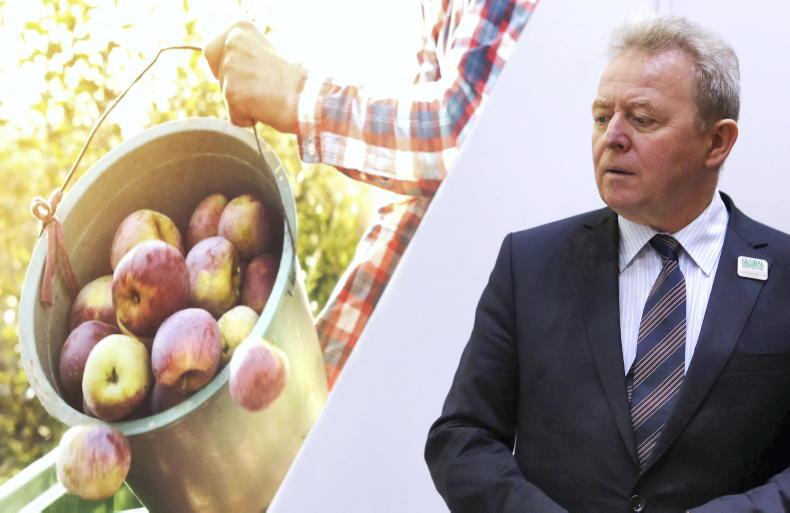
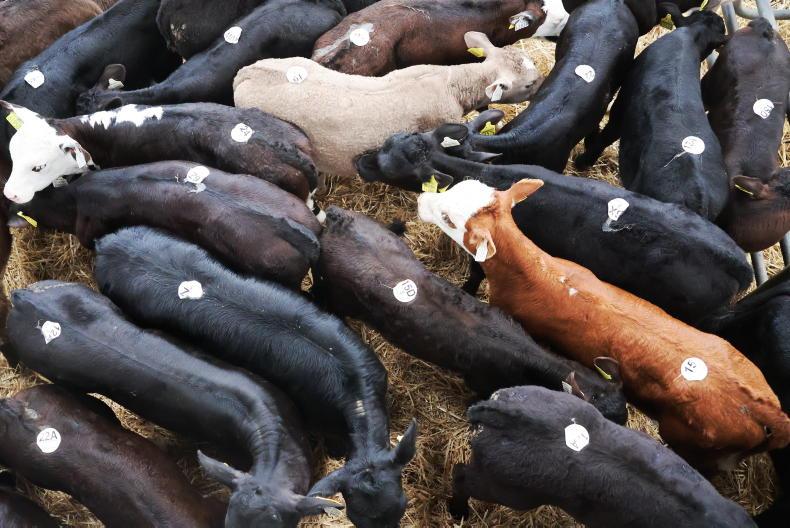

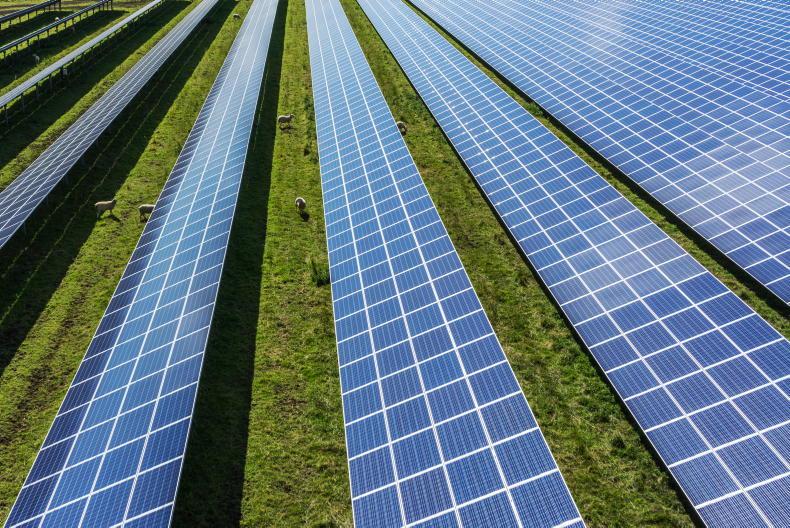
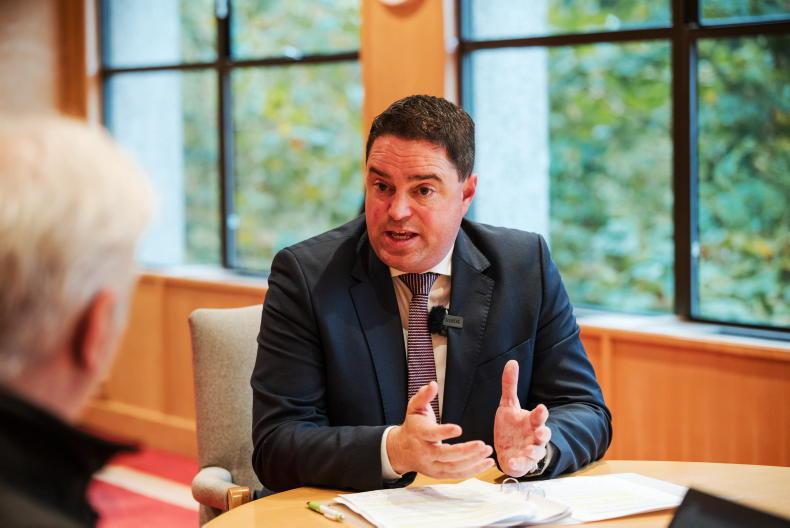
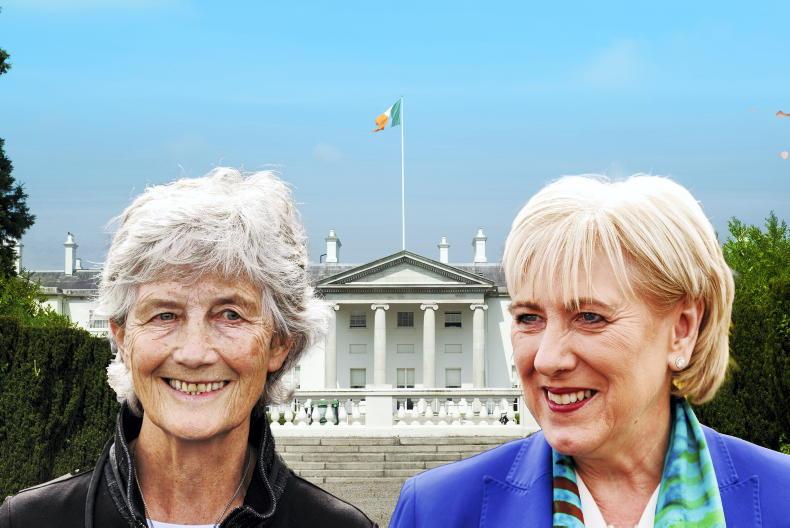
SHARING OPTIONS